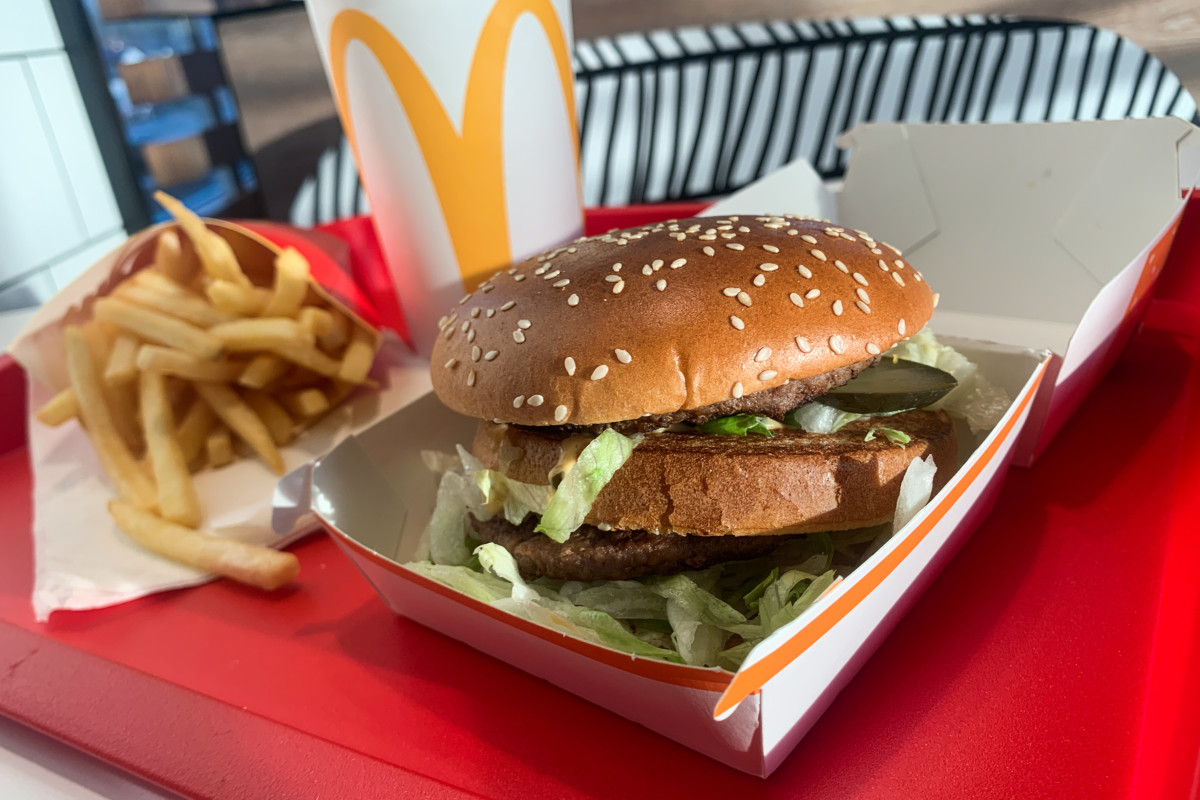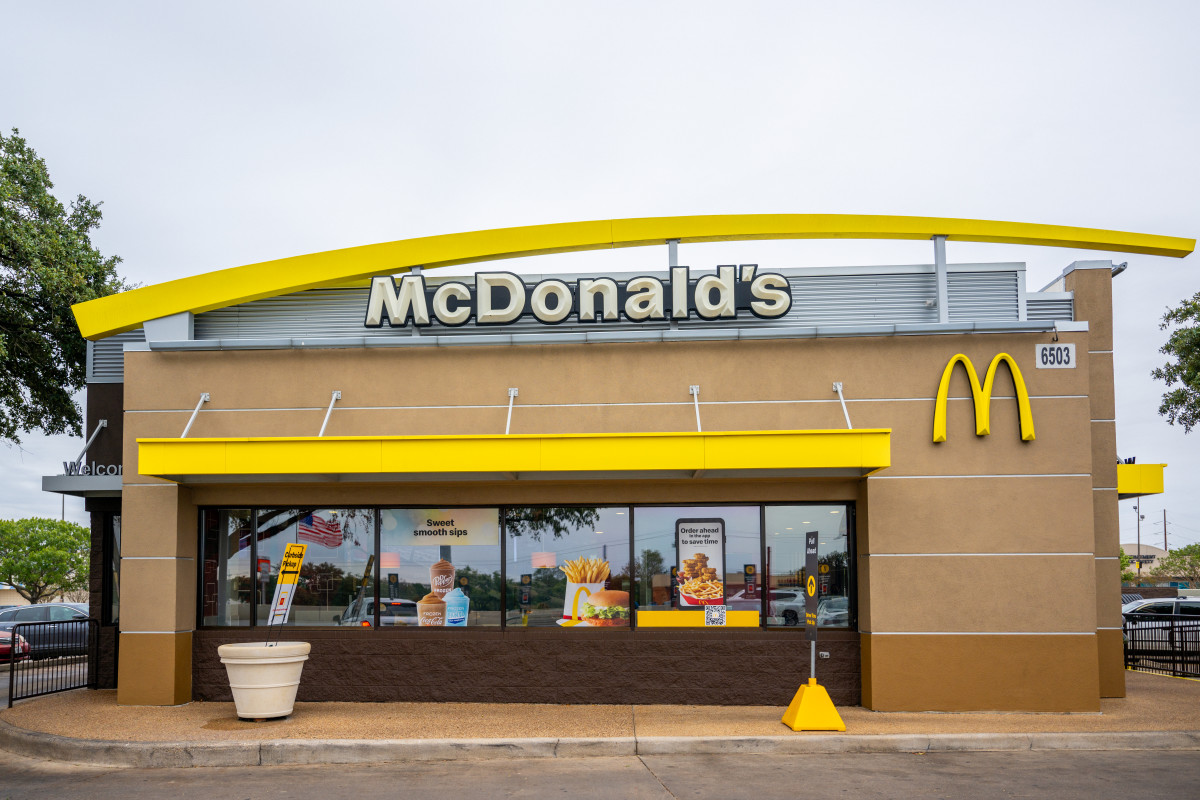
McDonald's MCD may have beaten earnings estimates late in October, with revenue climbing over 14% year-over-year, but CEO Chris Kempczinski still has his doubts.
The fast food giant, which reported Q3 earnings on Monday, revealed that the coveted same-store sales metric, which measures the performance of stores that have been in operation for at least one year, jumped 8.8% — notably higher than the 7.79% analysts had been targeting.
Related: Restaurant unveils genius solution for common dining problem
Across the U.S., revenue increased by 8.1%, thanks largely to "strong average check growth driven by strategic menu price increases," as Kempczinski put it.
"The macroeconomic environment is unfolding in line with our expectations for the year, and we continued to deliver convenience and value for our customers," he continued.
But just because the macroeconomic picture may be unfolding the way McDonald's is predicting, it doesn't necessarily mean it's going to be meaningfully good for business in the long-term.
And one state in particular seems to be in the McDonald's line of fire.
CEO issues economic warning to Californians
In mid-October, the state of California enacted a new minimum wage law which will push the hourly rate to at least $16. This brings it up by $0.50 — the previous state standard had been $15.50 per hour, and will remain so until the bill goes into effect on Jan. 1, 2024.
While some cities and municipalities with particularly progressive or higher cost of living already have a higher hourly rate in place, the law ensures every locality will pay its employees at the new established rate.

But there's a catch. The law ensures all fast food workers — including those at McDonald's and the like — will be paid $20 per hour, effective April 1, 2024. And a newly-established California fast food council may raise the rate again after January 1, 2025, according to the California Labor & Employment Law Blog.
McDonald's foresees this as a direct opposition to its bottom line.
"Certainly, there’s going to be some element of that that does need to be worked through with higher pricing," Kempczinski said of the law. "There’s also going to be things that I know the franchisees and our teams there are going to be looking at around productivity. How all of that plays out, there will certainly be a hit in the short term to franchisee cash flow in California; tough to know exactly what that hit will be because of some of the mitigation efforts."
In order to keep its margins where McDonald's likes them, Kempczinski said it might affect pricing for customers.
"I don’t think at this point, we can’t say exactly how much of that is going to work its way through pricing," he said.
"Longer term, what we’ve been talking about with our franchisees is this is an opportunity for us to gain share because this is an impact that’s going to hit all of our competitors. … We believe we’re in a better position than our competitors to weather this," he added.
As for California Governor Gavin Newsom, the two term Democrat called the new law "a big deal."
"We have the opportunity to reward that contribution, reward that sacrifice and stabilize an industry," he said of the fast food industry.







